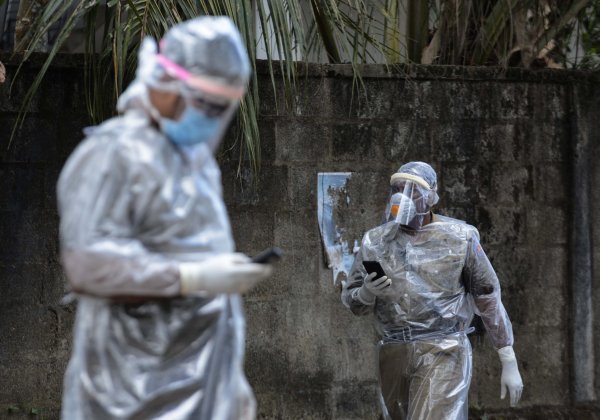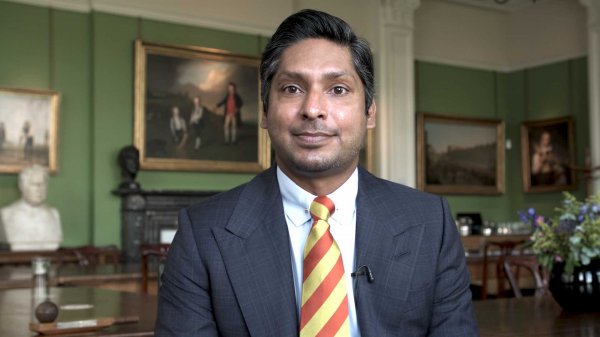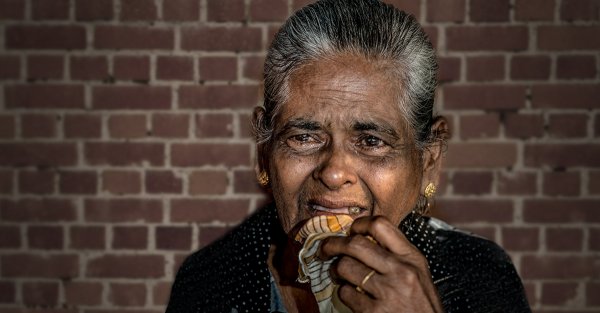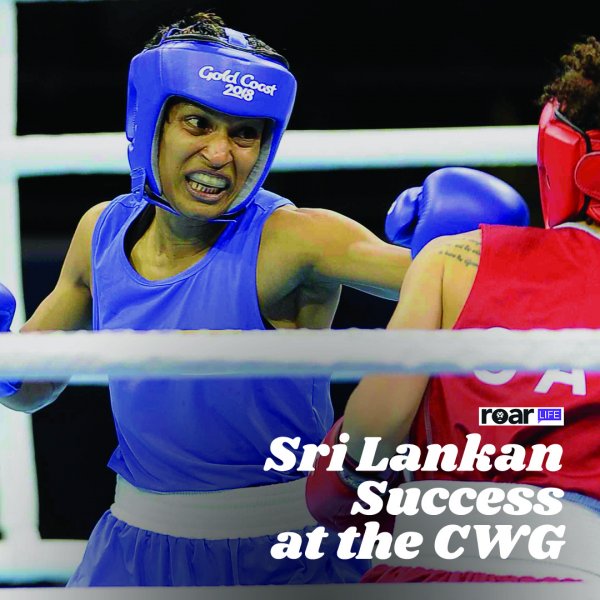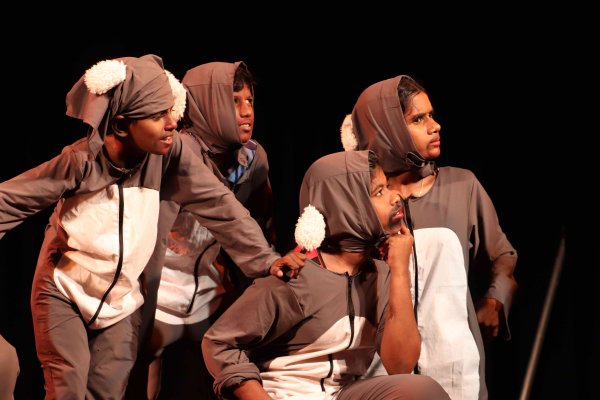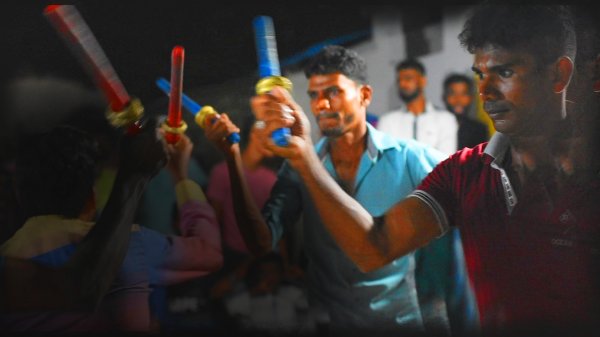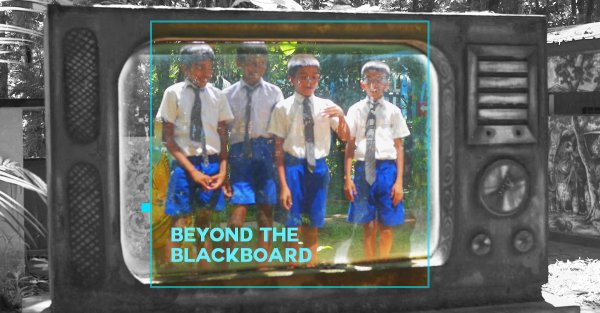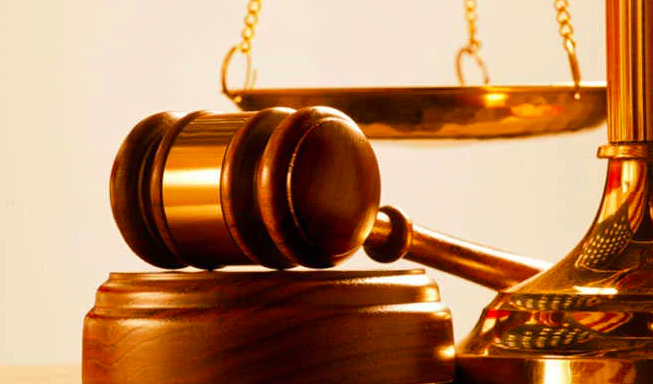
It has now been six weeks since the country was thrown into disarray after President Maithripala Sirisena replaced his Prime Minister Ranil Wickremesinghe with former nemesis Mahinda Rajapaksa.
In the weeks that followed, legislators engaged in bitter political warfare, trying to outmanoeuvre each other in support of their candidate for the coveted position of power.
But former President Mahinda Rajapaksa faced the toughest obstacle to his political comeback this week, when the Court of Appeal issued an interim order preventing him and his government from functioning.
The order, the first of its kind, rendered the country once more effectively government-less, and reinstated the President’s chosen Prime Minister Mahinda Rajapaksa as mere parliamentarian.
The interim relief was the result of a Writ of Quo Warranto filed by 122 MPs challenging Rajapaksa’s continuation in office even after successive no-confidence motions (NCM) were passed in Parliament.
In its decree, the Court of Appeal said that the magnitude of damage caused by allowing a set of persons not entitled in law to function (as the Prime Minister of the Cabinet of Ministers or any other minister of the government) would be “very high”, “irreparable or irremediable” and have “far-reaching consequences to the whole country.”
In stripping away the legitimacy of the purported government, the Court of Appeal was also sending a strong message to those that continue to refer to the former President as Prime Minister, and his purported government as Cabinet or state ministers, that they could be held in Contempt of Court.
The interim injunction order by the Court of Appeal has pushed President Maithripala Sirisena on the backfoot (though not yet against the wall), forcing him to call a meeting with ministry secretaries to instruct them on how to run government affairs until the matter of government is decided.
However, UNP parliamentarian J. C. Alawatuwala told the press, that as per Article 52 (2) of the Constitution, the President’s meeting with ministry secretaries is unconstitutional.
“According to Article 52 (2), it is only the line minister that can direct the secretary to his ministry and other officials. The Constitution also states that there should be a Cabinet of ministers to administer the republic. According to the no-Confidence motions passed in Parliament and the interim order issued by the Court of Appeal, there is no Cabinet. Therefore, Sri Lanka no longer has any authority that can instruct ministry secretaries,” Alawathuwala reasoned.
The UNP’s official Twitter account also said Sri Lanka was effectively under a dictatorship, as the President, who remains the only centre of political power in the country, was refusing to appoint a government that commands a majority in Parliament.
However, former President Mahinda Rajapaksa has publicly expressed his disagreement with the Court of Appeal order. In an official statement Rajapaksa argued that only the Supreme Court had the authority to interpret matters related to the Constitution, and has had his lawyers appeal against the Court of Appeal interim order in the Supreme Court.
Thing To Come
While Rajapaksa continues his battle for premiership, President Maithripala Sirisena is anticipating a ruling from the Supreme Court on his controversial Gazette dissolving Parliament prematurely on November 9. Hearing began before a seven-member bench, presided by Chief Justice Nalin Perera.
At the hearing, lawyers for petitioners and intervening petitioners filed their submissions for and against the Gazette notification, while Attorney General Jayantha Jayasuriya, the Chief Legal Officer of the government had also presented submissions justifying President Sirisena’s action.
On Friday (December 7), at the end of a four-day marathon session of hearing, the Supreme Court extended the interim injunction against the dissolution of Parliament until the seven-member bench gives its ruling. Proceedings will begin again on Monday (December 11).
Meanwhile, an SLFP party convention at the Sugathadasa Indoor Stadium on Tuesday ( December 4) was a strong indication that the power struggle between President Maithripala Sirisena and ousted Prime Minister Wickremesinghe is far from resolved.
In a lengthy speech, the President criticized Wickremesinghe, accusing him of ruining the country and destroying him. The President described his former Prime Minister as a “political curse” and pledged to fight him.
“He does not suit the country. His politics do not suit the interests of the public. He is divorced from masses,” the President said, with no sign of letting up or reconciling with the former political partner.
The President, however, in concluding his speech, assured the listening public he would end the current crisis within a week, although he didn’t say how.
At the meeting with the party leaders of the United National Front (UNF) the previous night ( December 3), President Sirisena had also reiterated his position that he would not reappoint Wickremesinghe as Prime Minister, even if all 225 MPs in Parliament wanted it, bringing the discussion between the two parties to an abrupt end.
Tamil Progressive Alliance (TPA) Leader Mano Ganesan, who attended the meeting with President Sirisena also reported that the President had threatened to step down from office and return to a life of farming if he was pushed against the wall on the matter of reinstating Wickremesinghe.
As the week ends, we find ourselves in much of the same quandary as before, until a political compromise can be reached between the leaders of the country. What is and must be of paramount importance, however, is that all decisions made must be in line with the Constitution.

